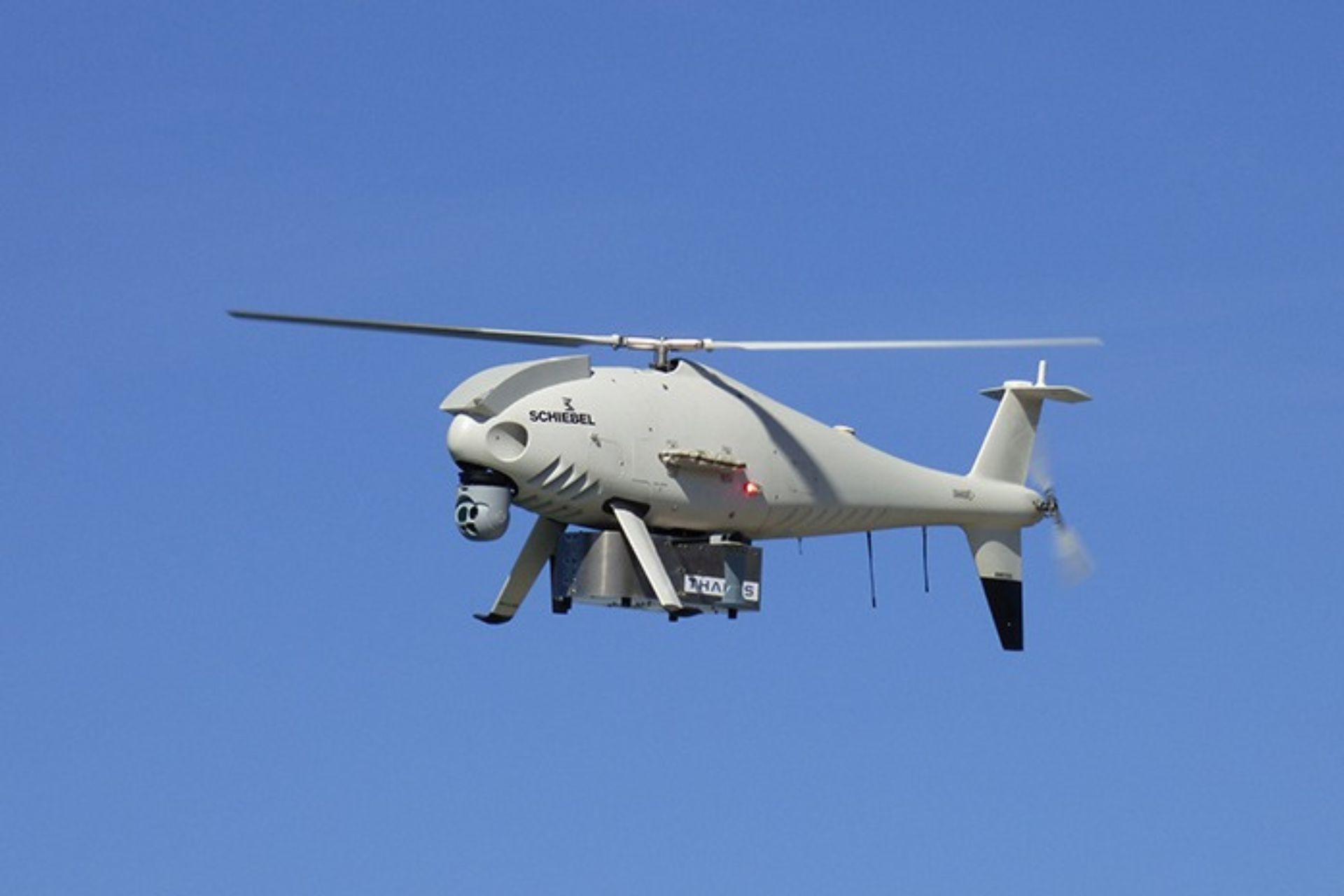Breaking News
Thales Unveils Next-Generation Autonomous Drone Swarms Powered by AI.
On October 16, 2024, Thales conducted flight tests demonstrating the potential of deploying drone swarms with various levels of autonomy. These tests represent a significant step forward in integrating artificial intelligence (AI) into drone warfare, showing how autonomous systems can reduce the cognitive burden on operators while ensuring full control during critical mission phases.

In 2023, Thales introduced OpenDRobotics, an AI-driven solution integrating robotics technologies across different unmanned air and ground systems to create comprehensive, human-supervised mission systems (Picture source: Thales)
As part of its drone warfare strategy, Thales, in collaboration with multiple partners, focuses on enhancing the coordination and interoperability of drone swarms for diverse mission types. These advancements are tailored to meet the complex demands of modern armed forces. Thales’s AI-based system architecture enables drone swarms to operate under supervised autonomy, adapting to rapidly changing battlefield conditions.
Despite the proven operational value of drones on the battlefield, two major limitations remain: the need for one operator per drone and the requirement for a secure, resilient data link throughout the mission. During the JDEC demonstrations on October 16, 2024, Thales's COHESION demonstrator showcased how AI and intelligent agents could provide an unprecedented level of autonomy in swarm drone deployments, addressing these challenges.
The COHESION system architecture allows operators to adjust the level of drone autonomy according to operational needs. This flexibility is crucial in contested environments, where electronic warfare can disrupt data links reliant on GNSS signals. Thales's system enables drones to operate autonomously without continuous communication with the control station. The drones can perceive and analyze their surroundings, share target information, evaluate enemy actions, and prioritize missions accordingly. Collaborative tactics can be employed to optimize trajectories, increasing resilience and operational effectiveness.
This innovative approach acts as a force multiplier, improving operational efficiency without adding to the operators' cognitive load. Human operators retain control over critical decisions, with AI functioning within a human-supervised framework, ensuring safe and reliable oversight. Thales emphasizes ethical AI, as demonstrated by its TrUE (Transparent, Understandable, and Ethical) AI concept.
Thales has positioned itself as a key integrator in drone warfare, ensuring interoperability between land, air, and naval platforms. The company also plays a central role in a broader ecosystem of French industries and tech companies, working to extend drone capabilities in operational theaters.
In 2023, Thales introduced OpenDRobotics, an AI-driven solution integrating robotics technologies across different unmanned air and ground systems to create comprehensive, human-supervised mission systems. The acquisition of Aeromapper in 2024 added the TOUTATIS loitering munition to Thales’s portfolio. Earlier in the year, the company launched cortAIx, an initiative to accelerate the development of reliable AI for critical systems. CortAIx’s short-term goals include optimizing data analysis and decision-support tools for military operations, considering cybersecurity and operational constraints in hostile environments.
Drone swarms have become essential in modern military strategy, offering significant operational advantages in current conflicts. Their ability to function autonomously and collaboratively allows them to perform complex missions with minimal human intervention, especially in contested environments where traditional drone operations may be hindered by electronic warfare. Drone swarms can carry out reconnaissance, target identification, and offensive strikes, as demonstrated in conflicts such as the Nagorno-Karabakh war and the ongoing war in Ukraine.
The cost-effectiveness of drone swarms, with each unit being relatively inexpensive compared to manned systems, makes them ideal for large-scale military operations and asymmetric warfare. Their ability to overwhelm enemy defenses through sheer numbers and their adaptability to mission requirements proves their relevance in modern combat. However, managing and countering drone swarms, particularly in environments with sophisticated electronic warfare, remains a significant challenge for militaries worldwide, as noted in studies and demonstrations by the U.S. military and other global powers.
























